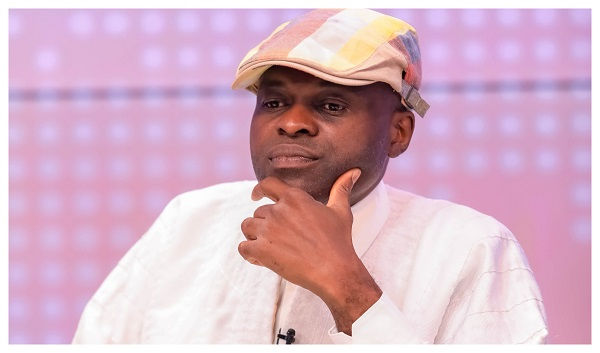In our fast-paced digital world, the way we consume news has transformed significantly, especially with the rise of social media and online news outlets. While this easy access to information has its benefits, it also brings along some challenges, particularly in how we interpret and engage with news. In Nigeria, many individuals approach news and investigative reports not by dissecting the content itself, but rather through the filter of their personal biases and emotions. This tendency to respond emotionally, based on pre-existing beliefs rather than objectively assessing the information, has become a significant hurdle in how news is understood and discussed across the nation.
Typically, Nigerian audiences will come to news stories with a set of biases that influence their reactions. Instead of carefully considering the facts, they often respond emotionally, either rallying behind or opposing the subject of the report based on personal connections, affiliations, or beliefs. This phenomenon is often described as “reacting to the headline, not the story.” People frequently find themselves more invested in defending or attacking the individual or group involved, rather than truly evaluating the content or context of the report.
Many factors contribute to this emotionally charged and biased approach to news consumption. People often lean towards information that aligns with their existing beliefs. When a report resonates with their views, they readily embrace it as truth, without pausing to question its validity. On the other hand, when the information challenges their perspectives, they may reject it completely or attack the source.
Take, for instance, when a report comes out about a political leader or a religious figure many Nigerians tend to react almost instantly, often influenced by their political beliefs, religious views, or tribal connections. Instead of pausing to question the reliability of the sources or to think about the broader context of the report, their reactions are often fueled by a strong emotional bond to their “side.” This kind of bias can really cloud their judgment, making it easy for them to either accept or reject the story without taking the time to critically evaluate the facts.
There are several reasons behind this emotionally charged and biased way of consuming news. People usually look for information that supports their existing beliefs. When a report aligns with their views, they quickly embrace it as the truth, without a second thought about its accuracy. On the other hand, if the information goes against their perspective, they might dismiss it completely or even attack the source of the report.
This lack of critical thinking is a real cause for concern. In today’s world, particularly on social media, people often just skim through headlines, glance at the first few lines, or watch a short video, without really diving into the full report or watching the entire video. They seldom pause to reflect on the evidence or explore different perspectives of the story. As a result, they end up with shallow interactions with the news, where emotions and personal biases shape their responses rather than thoughtful analysis.
Social media platforms like WhatsApp, Twitter and Facebook really amplify this issue. They create an environment where users are mostly exposed to opinions that mirror their own beliefs, which only reinforces their biases and makes it harder for them to critically evaluate different viewpoints. The more emotionally charged a post is, the higher the chances it has of going viral, which further shapes how people react and intensifies their biases.
Beyond personal beliefs, cultural and social influences also play a significant role in how news is consumed. Sometimes, loyalty to a specific political party, celebrity, religious leader, or ethnic group takes precedence over the pursuit of objective truth. This deep-seated loyalty can cause individuals to dismiss information that could tarnish their group’s reputation while eagerly accepting anything that supports it.
This strong attachment to group identity often results in polarised discussions, where each side staunchly defends their stance without considering the other’s perspective. Therefore, instead of promoting understanding and dialogue, news consumption turns into a battleground where emotional reactions and personal loyalties overshadow the facts.
To tackle the emotional biases that often cloud our news consumption, it’s crucial to foster critical thinking and media literacy throughout society. Nigerians should be encouraged to dig deeper, reading full articles instead of just reacting to catchy headlines. This involves developing a habit of asking important questions like, Who’s behind this report? What evidence backs up these claims? Are there alternative viewpoints to consider?
Schools, community leaders, and media outlets can play a key role by weaving basic media literacy into their educational programmes and promoting open, respectful discussions that prioritise facts over feelings.
Moreover, social media users must take personal responsibility for their interactions with news online. Before sharing a post or jumping into heated arguments, it’s wise to pause and check the credibility of the information and reflect on any biases they might have.
Social media platforms can also contribute by highlighting fact-checked content and minimizing the reach of sensational or misleading posts. A good example is Twitter’s (now X) Community Notes feature, where verified users collaboratively add context to misleading or one-sided posts, helping readers understand the bigger picture before forming opinions.
Ultimately, enhancing our news consumption habits begins with individual effort. By choosing to engage thoughtfully, Nigerians can shift away from emotionally charged reactions and cultivate a more informed and balanced media environment, one that values truth over tribalism and understanding over outrage.
Sulaiman wrote from Dukku, Gombe State and can be reached via [email protected]











